A moderately rapid growth of around 5 percent annually is both achievable and appropriate for a country at China's stage of development, a senior economist said.
Jeffrey Sachs, a world-renowned professor of economics and director of the Center for Sustainable Development at Columbia University, said in an exclusive interview with China Daily that China's superhigh growth phase made sense when it had a huge surplus of rural labor and was still far behind the United States in terms of technology.
"Now there is no surplus of labor and China is at or near the technology frontier in all sectors. Growth has therefore slowed from around 10 percent per year to around 5 percent per year, still far higher than in the U.S. and Europe," he said.
Sachs said that new quality productive forces mean cutting-edge technologies that promote sustainable investment.
They include 5.5G, soon to be 6G, digital platforms for health, education, payments, industry and land management, electricity-based means of transportation, hydrogen economy and advanced robotics among others, he said, adding that China is at the forefront of technological advancement, but can and should coordinate with other BRICS members as well as other nations to further advance its technologies.
China has registered better-than-expected economic data so far this year, with the industrial output growing 7 percent year-on-year in the first two months compared with a 6.8 percent rise in December.
Fixed-asset investment increased 4.2 percent year-on-year during the same period compared with a 3 percent annual growth in 2023.
Retail sales growth slowed to 5.5 percent year-on-year during the two months compared with 7.4 percent in December, but it is in line with market expectations.
According to Sachs, there are two positive and fundamental drivers of the Chinese economic growth — technological advancement and the high savings rate, which underpins continued high rates of investment and growth.
He said the U.S.' attempts to hinder China's growth, which is "a disreputable policy in violation of international law", is having a negative impact by slowing China's exports to the U.S. and stagnating U.S. investment in China.
"Because of the slowdown in China's exports to the U.S. and Europe, China faces a shortfall in aggregate demand. China has the productive supply-side capacity for rapid growth, but the markets for China's ... output are now hindered by U.S. and EU protectionism," he said.
In addition, China has certain structural and cyclical challenges such as a high level of real estate debt. These structural factors are "normal" and solvable, but they present practical challenges, he said.
Sachs suggested boosting China's internal investments via measures such as speeding up the deep transformation of the economy to green and digital technologies, while expanding exports to other developing countries.
"This can be done, for example, by expanding the Belt and Road Initiative and financing strategies, including an expansion of the AIIB (Asian Infrastructure Investment Bank) and the New Development Bank, and expanded renminbi-based financing through Hong Kong and Shanghai financial centers."
He also suggested that China appeal to the World Trade Organization and other international bodies to stop the U.S.' illegal attacks on the Chinese economy.
Despite the challenges facing the Chinese economy, the economist said he is confident that "China will chart a course of continued rapid economic growth and technological advancement".
Sachs said he believes that the U.S. is trying to drive foreign investors out of China as part of its decoupling or "de-risking" strategy, and China will overcome the anti-China policies by keeping an open door, continuing to internationalize the renminbi, expanding cooperation among BRICS nations, and enhancing the BRI and other global initiatives including the Global Development Initiative.
"With all of that global cooperation, China will continue to attract high-quality inbound investments," he said.
The economist also pointed out that governments at all levels in China need to prepare medium-term and long-term fiscal frameworks to clarify their debt-management strategies and capacities.
"Debt can be a driver of long-term development, but needs to be managed systematically and prudentially. This, of course, requires systematic planning and prudential regulation of debts," he added.









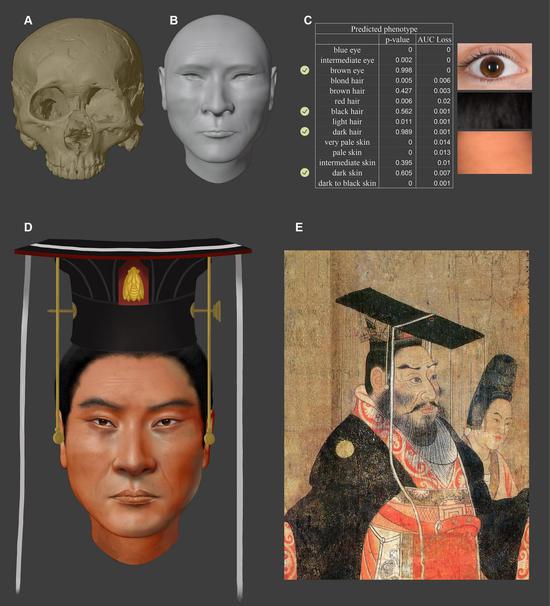



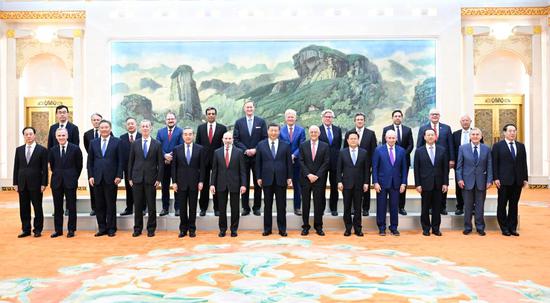

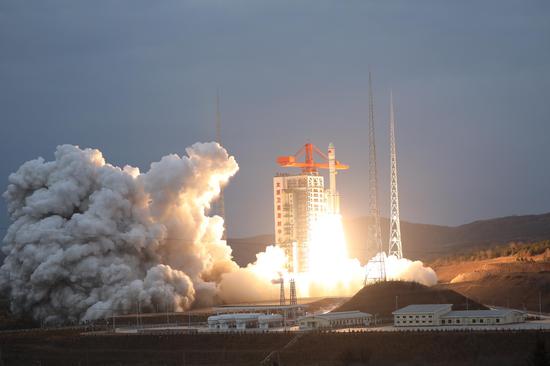

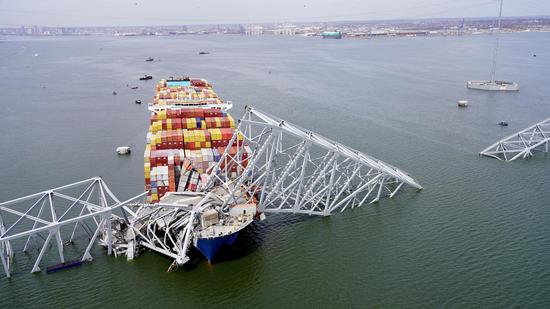



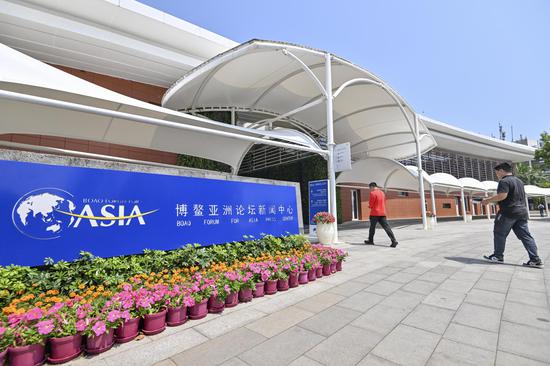


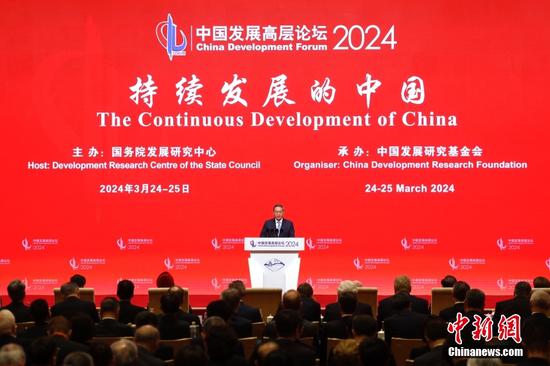



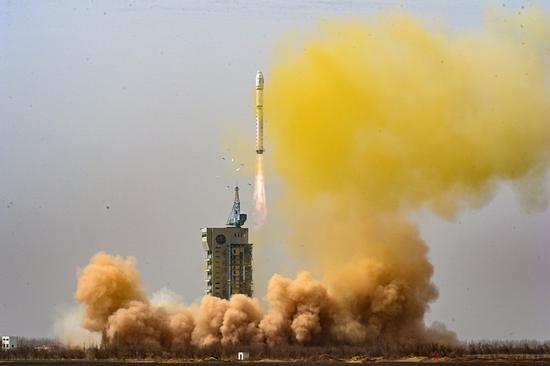
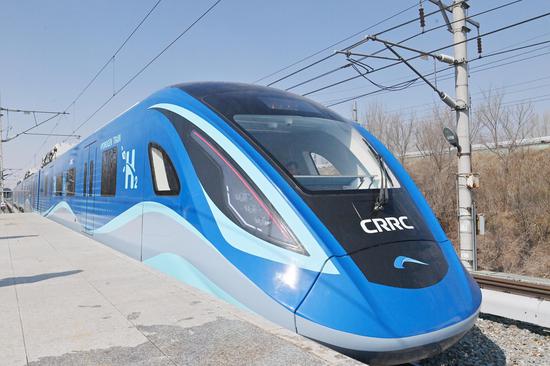


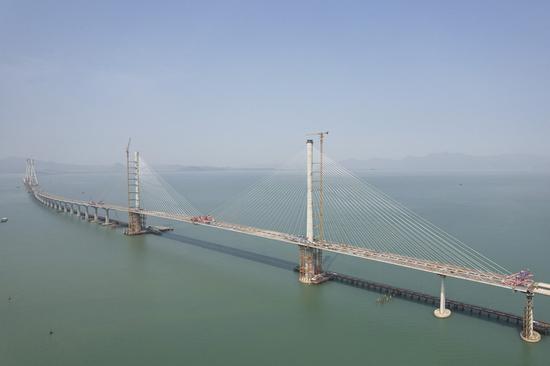



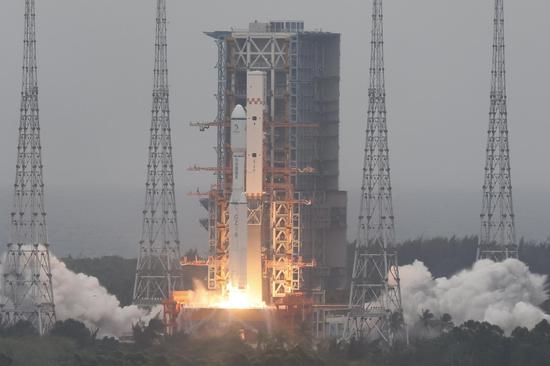


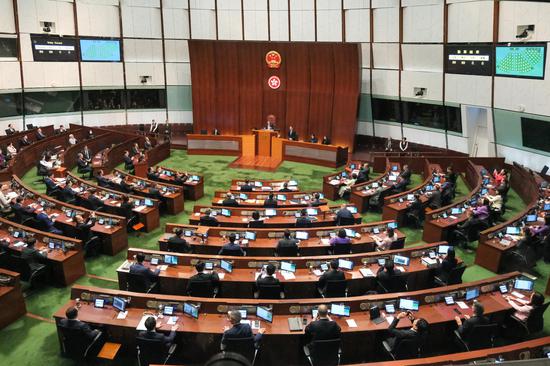




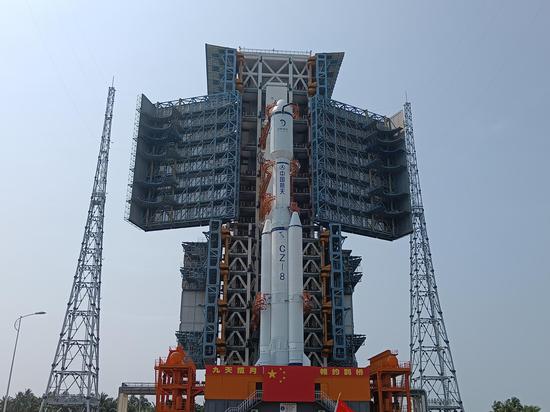





 京公網(wǎng)安備 11010202009201號
京公網(wǎng)安備 11010202009201號